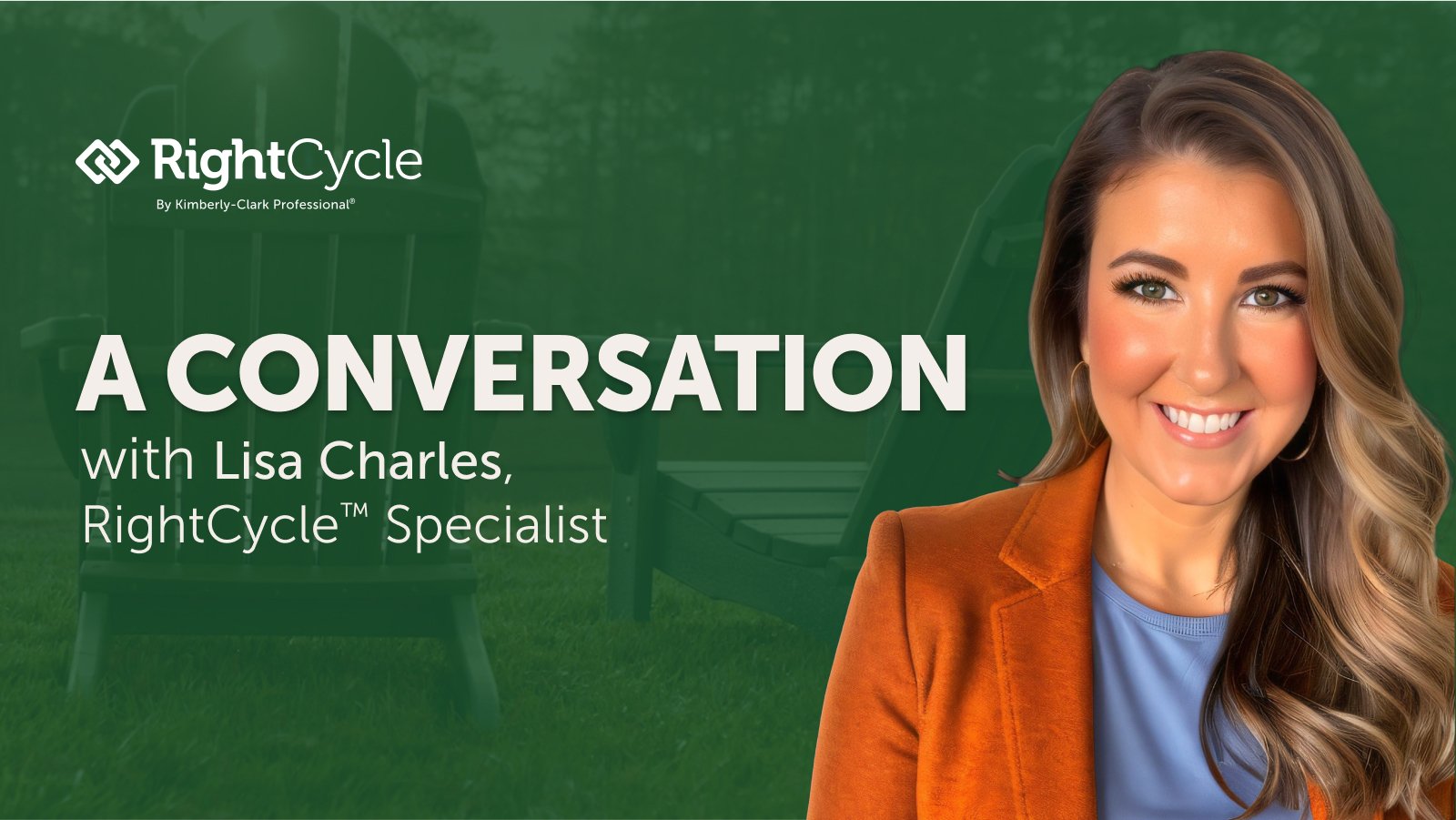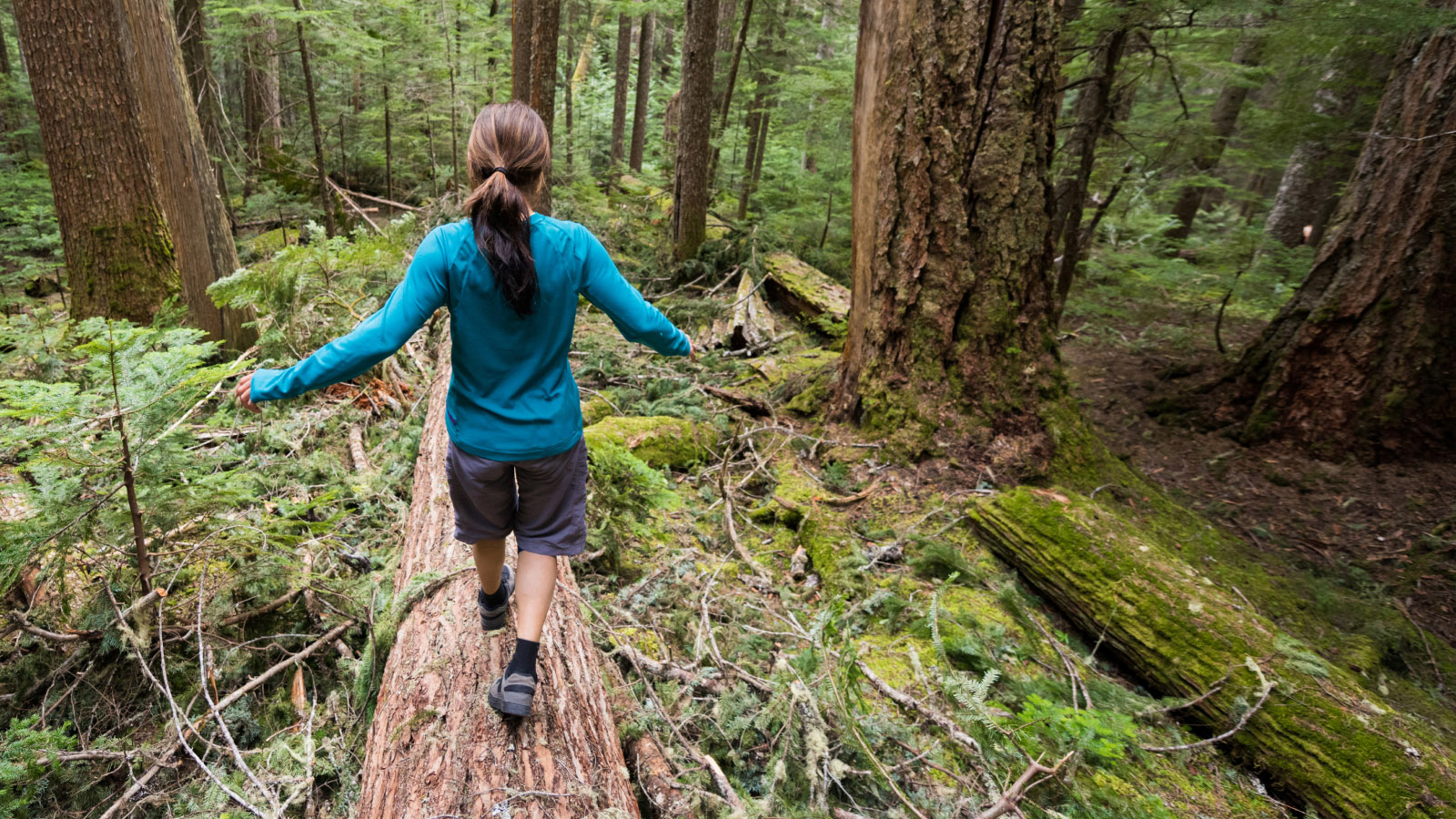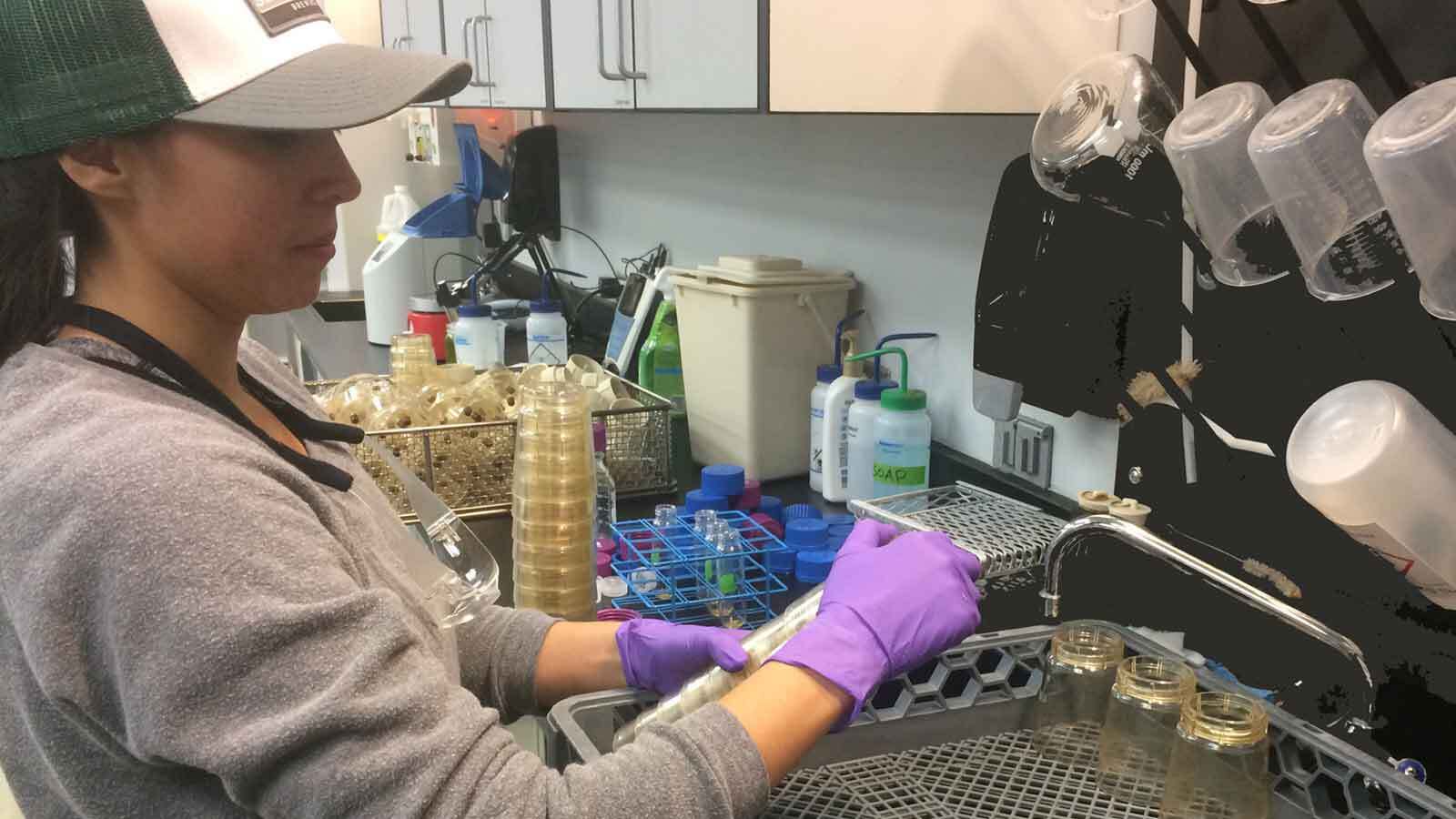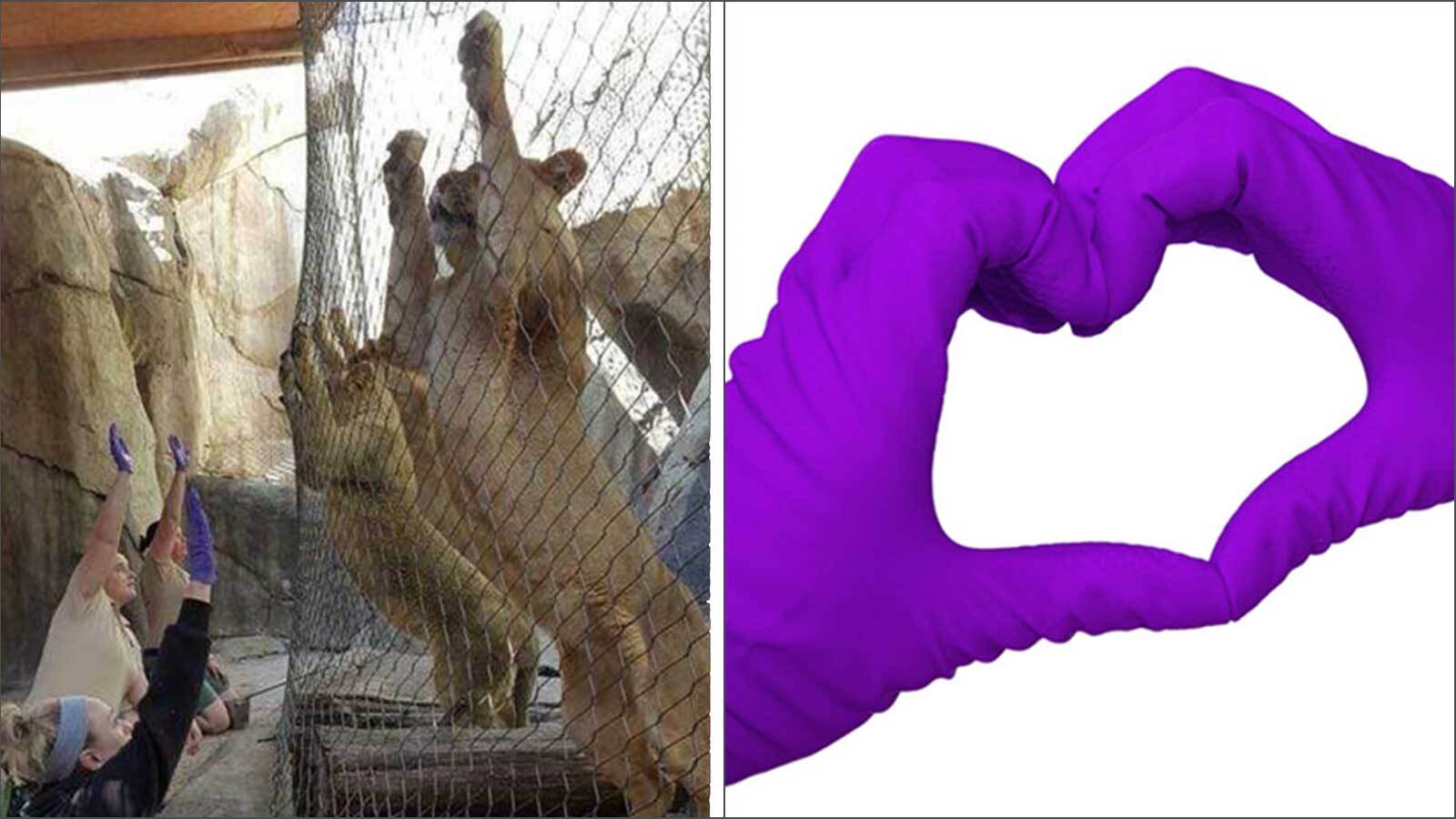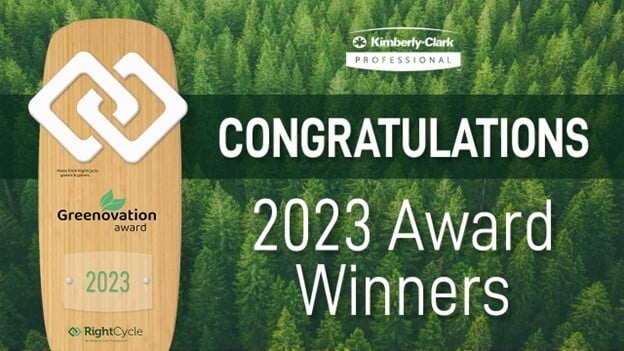Last Updated JULY 2023
Is your company a laggard or a leader? test
Sustainability is a journey with several stages along the way and not every organization is at the same point in that journey or on the same path. “We’ve seen a maturation in the corporate response to environmental responsibility,” said Dr. Sally Uren, Chief Executive of Forum for the Future, in an online forum before a group of Kimberly-Clark Professional customers.

As part of her talk, Uren discussed how sustainability practices had evolved over the years and outlined four different stages of a company’s sustainability journey:
- 1.0 Minimizing negative impacts by doing less harm and not running afoul of environmental rules and regulations.
- 2.0 Heading to zero waste and a state of no harm.
- 3.0 Net positive, putting more back into the environment and society than you take out.
- 4.0 Regenerative business: reconfiguring the social and environmental systems we depend upon and actively shaping those systems to enable them to evolve, thrive and reach their greatest potential
When it comes to your organization’s sustainability journey, it’s useful to see where you are on what Uren refers to as the “leader business spectrum.” This will also help determine where you can go in the future.
Are you a laggard or a leader—or somewhere in between?
Uren outlines five stages in a company’s sustainability journey from laggard to trailblazer. Following are brief explanations of each:
Laggard
A laggard is a company that will only act if it has to and will take actions to remain in compliance, but not go far beyond that, according to Uren.
Beginner
A beginner is an organization that focuses on risk management and cost efficiencies and considers sustainability useful for its strategy.
Performer
This is the stage where a company begins to understand and measure its impacts, addresses the negatives, and starts to implement positive, operational changes.
Leader
A leader is a company that embeds sustainability into the organization. These are the “good citizens and good neighbors who have figured out how to operate in a zero-carbon economy and have found it to be a source of long-term value,” Uren said. “It’s a shift in the business model.”
Trailblazer
While a leader is an ideal place for a company to be, an even more aspirational stage is trailblazer. “These are the organizations that are actively trying to change the system, reconfiguring areas such as health, energy and food,” she said. “We see flashes of this in many organizations. Some of the work that Kimberly-Clark is doing around access to sanitation and hygiene is pushing into this territory.”
A leader is a company that embeds sustainability into the organization. Lisa Morden, Vice President of Safety, Sustainability and Occupational Health for Kimberly-Clark, said she found Uren’s model a really helpful way to understand where you are on the sustainability journey. As for Kimberly-Clark, she said: “I would call us a strong performer who is accelerating toward being a leader, with elements of leadership and elements of trailblazing. We know we have work to do.”
Morden added: “I challenge everyone to reflect on how far your organization has come on the journey and where your key stakeholders expect and need you to be going forward. I think we all need to be quite authentic in our leadership and really challenge the status quo so we can push up this curve toward trailblazer status. For us, Better Care for a Better World simply can’t wait, and we’re working to accelerate up this maturity curve.”
Looking at sustainability leadership through two lenses
Uren uses two lenses to assess organizational leadership: climate and the circular economy, taking into account Scope 1 (a company’s direct emissions), Scope 2 (a company’s indirect emissions) and Scope 3 (indirect emissions in a company’s value chain). When looking at an organization through the climate lens, leaders will have a full set of targets with absolute net-zero Scope 1 and Scope 2 goals by 2030 – 10 years ahead of the Paris Climate Accords. Trailblazers will have gone even further, aiming for net-zero or negative full value chain emissions, including Scope 1, 2 and 3, by or before 2040. “Trailblazers are really thinking about products and services and really innovating to put zero-carbon products and services into the economy, and they’re aligning their whole business with net zero,” Uren said.
When viewed through a circular economy lens, leaders are committed to a greater than 30% recycled content commitment and addressing waste in their supply chain and for consumers. These companies are also upcycling or utilizing byproducts and building the infrastructure that is needed for a circular economy. Trailblazers are closing the loop and investing in reuse/refill strategies, with evidence of innovation around bio-refining or industrial ecology.
“Another way of thinking of this is in terms of your sphere of influence as an organization,” Uren said. “How might your organization and your products contribute to zero-carbon infrastructure and circular solutions?” She recommends looking within the supply chain for collaboration opportunities – “to really think about new business models that rapidly achieve decarbonization, using traceability and transparency as enablers.” And, she added, even small businesses have a voice. “Make yours heard. Make it clear what you need from regulators to really enable what it will take for your ambitions to be realized.”
But above all, she urged companies to think big because climate and waste issues are an enormous opportunity to shape the economy.
“Set targets now. Make them ambitious. Engage your employees, they could be your biggest advocates and your biggest source of innovation,” Uren said. “The future isn’t something that just happens to us. It is something we create. We’re at an amazing moment in history. We have the opportunity to transform all of our systems using sustainability as an enabler to create a future that is fit for the next generation. There has never been a better moment to be architects of the future that we want and all of us have an incredible role to play.”
Cristine E. Schulz is Sustainability Manager for Kimberly-Clark Professional in Roswell,
Ga.
Dr. Sally Uren, OBE, is chief executive of the U.K.-based Forum for the Future.



